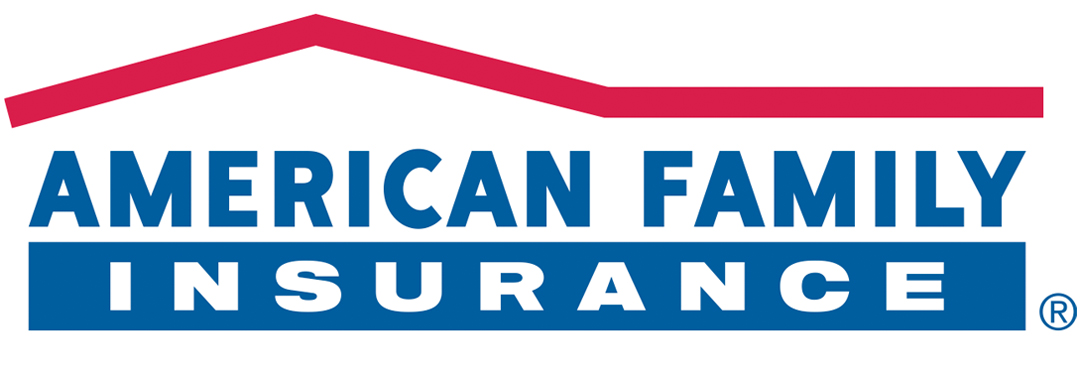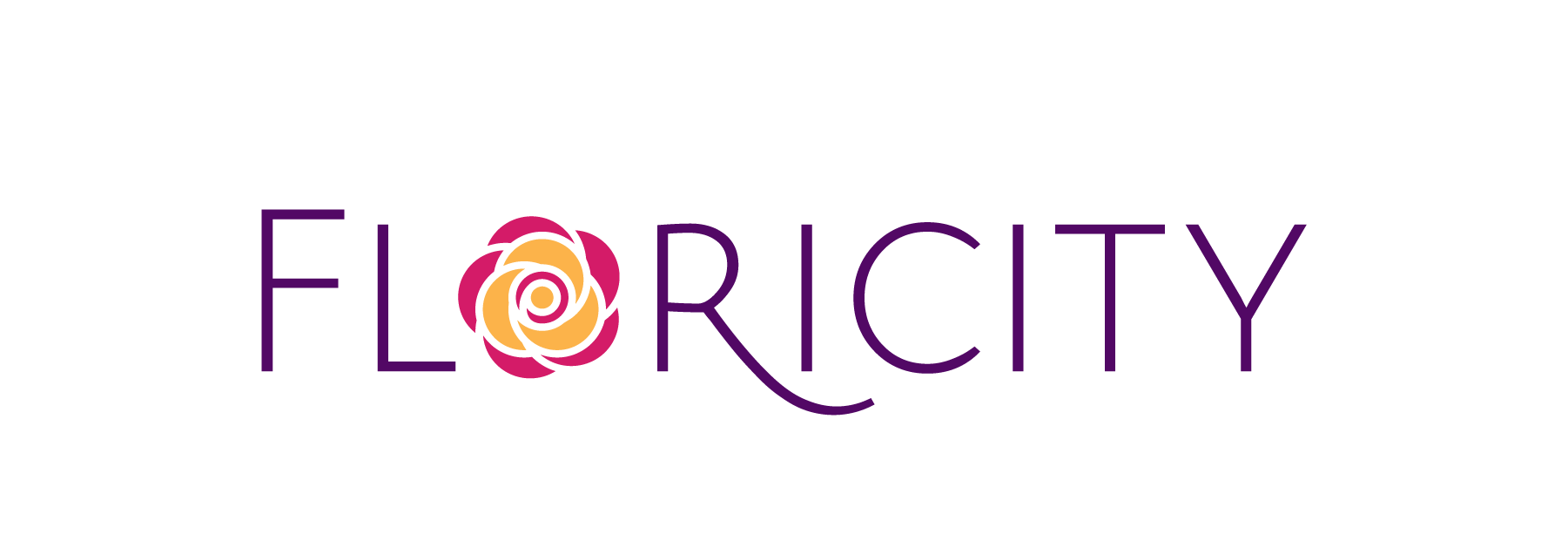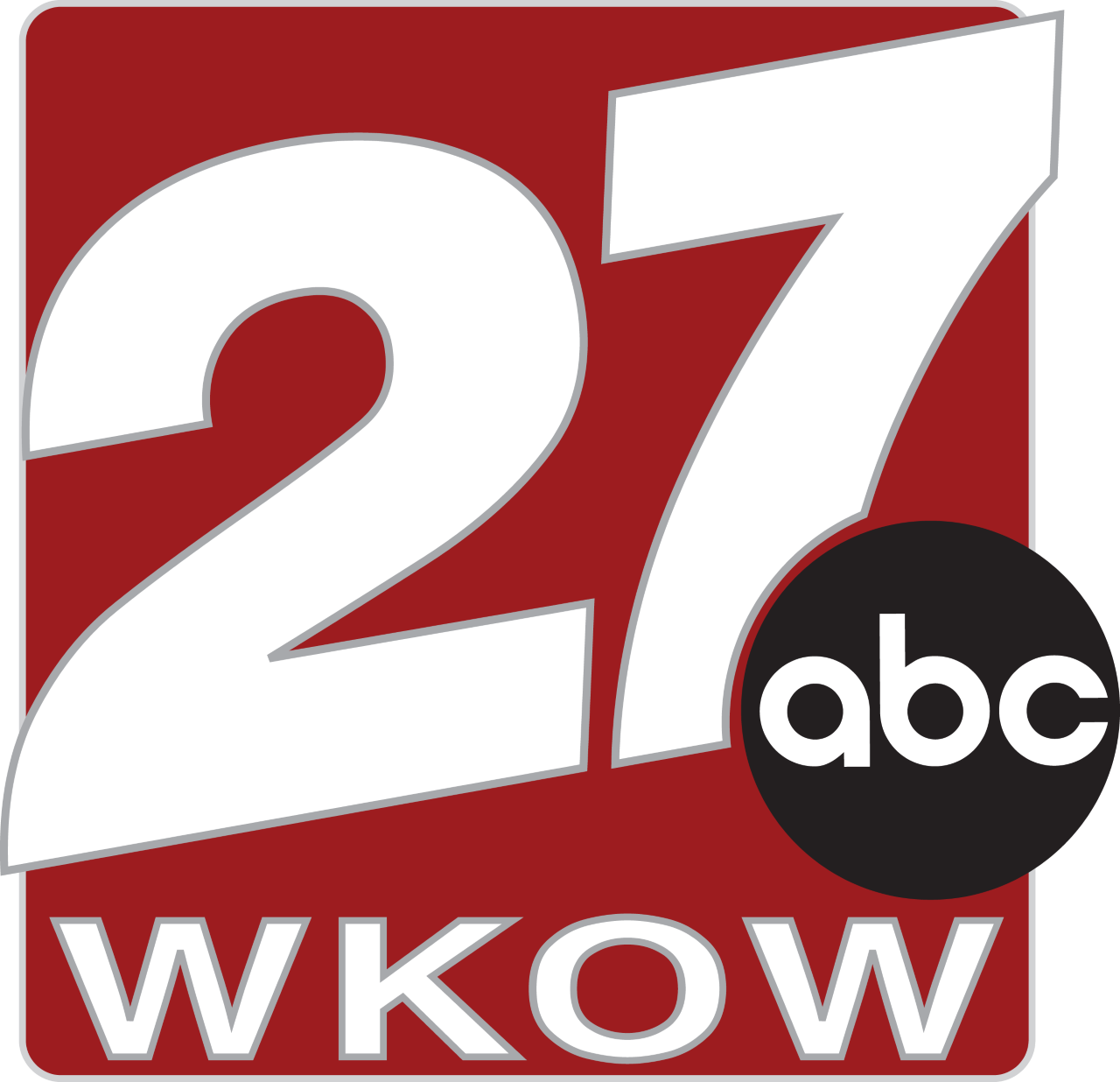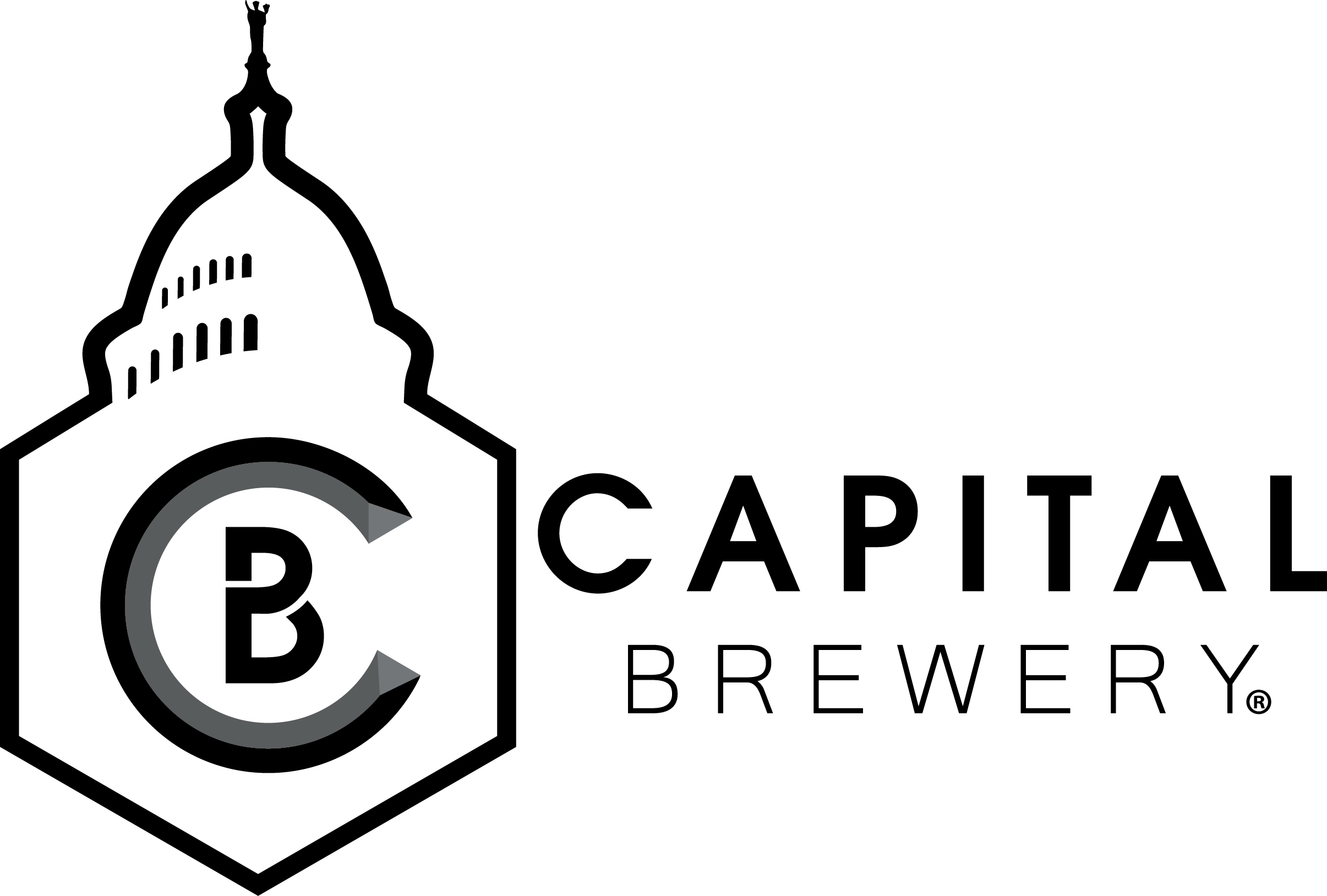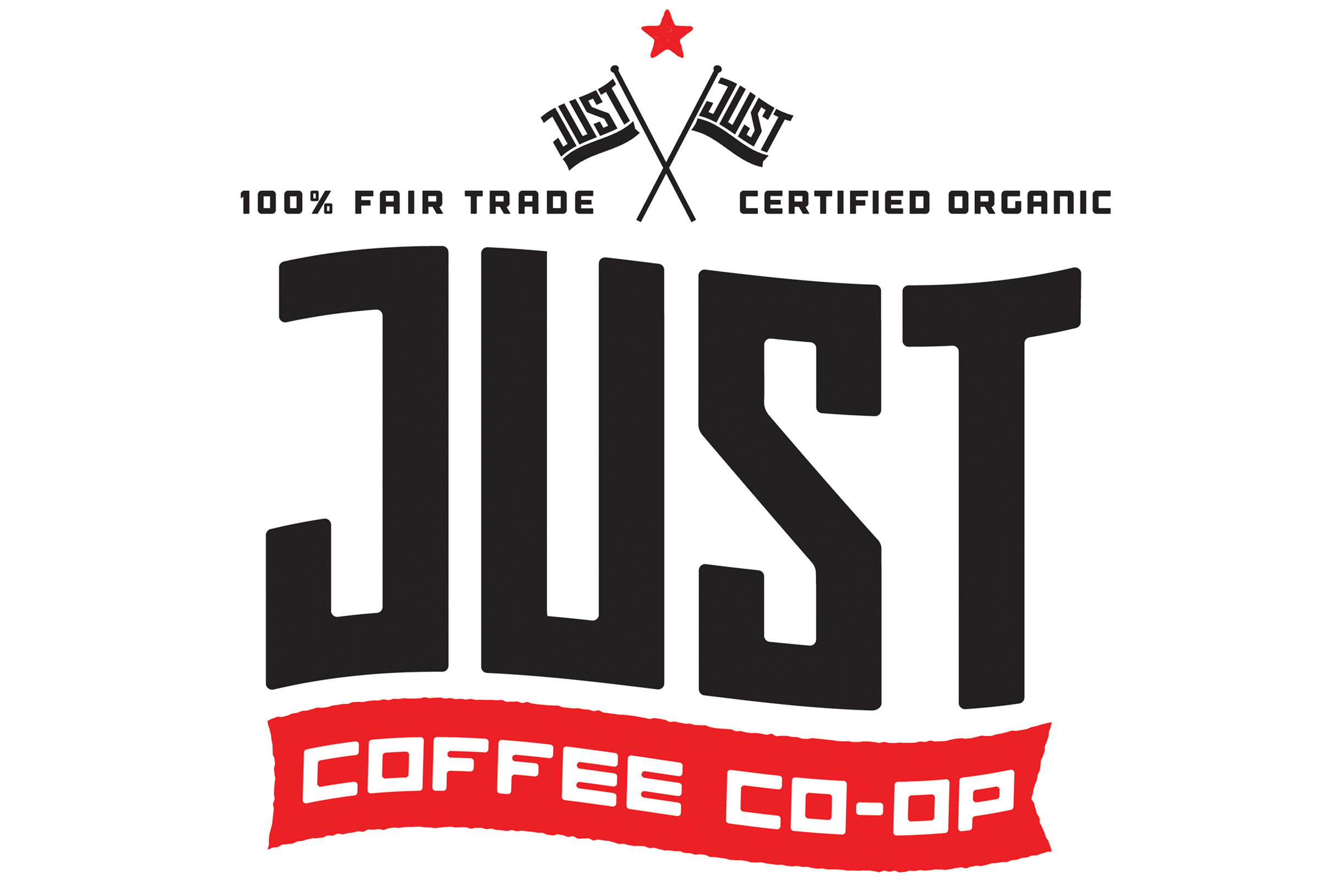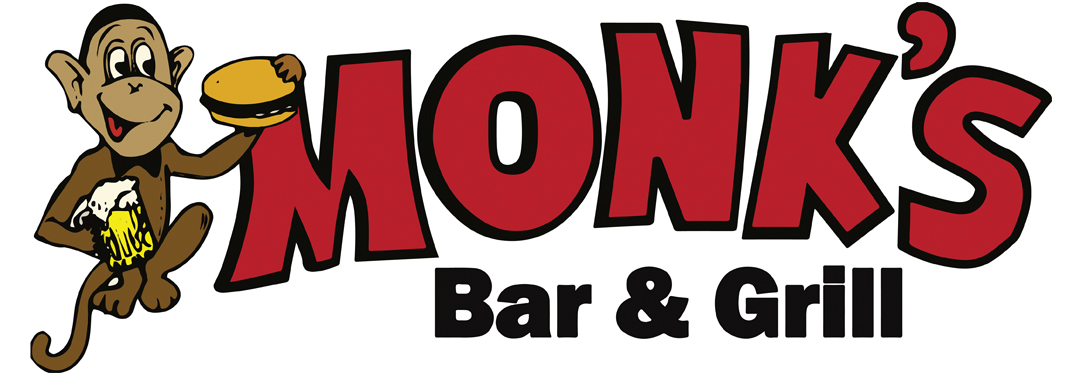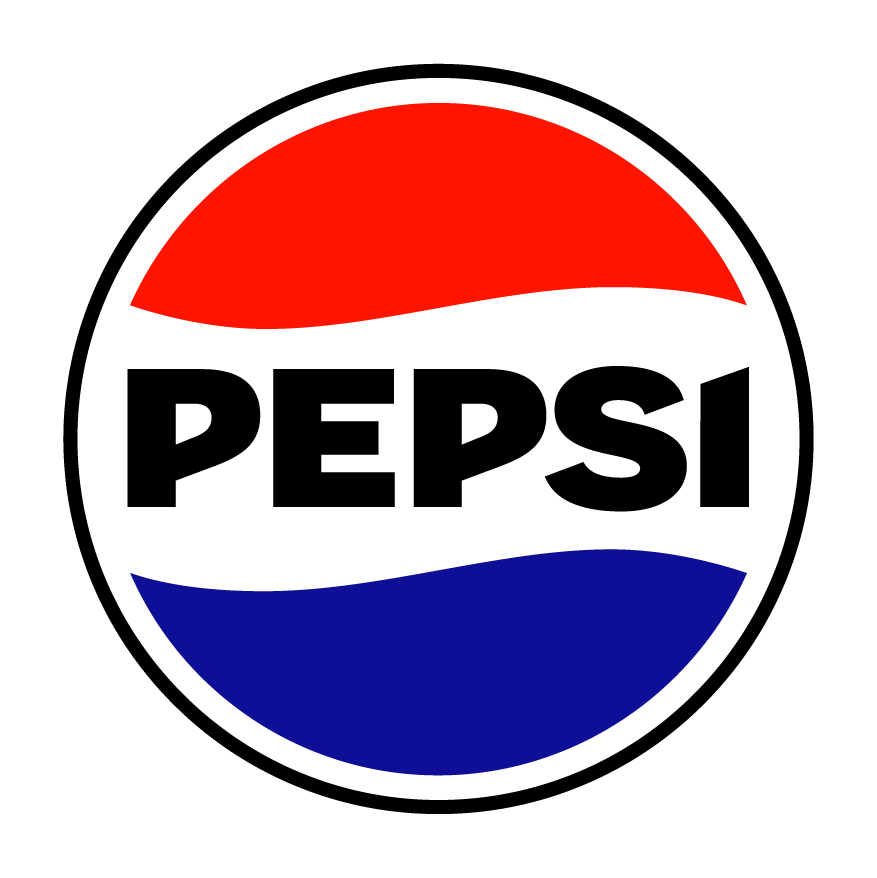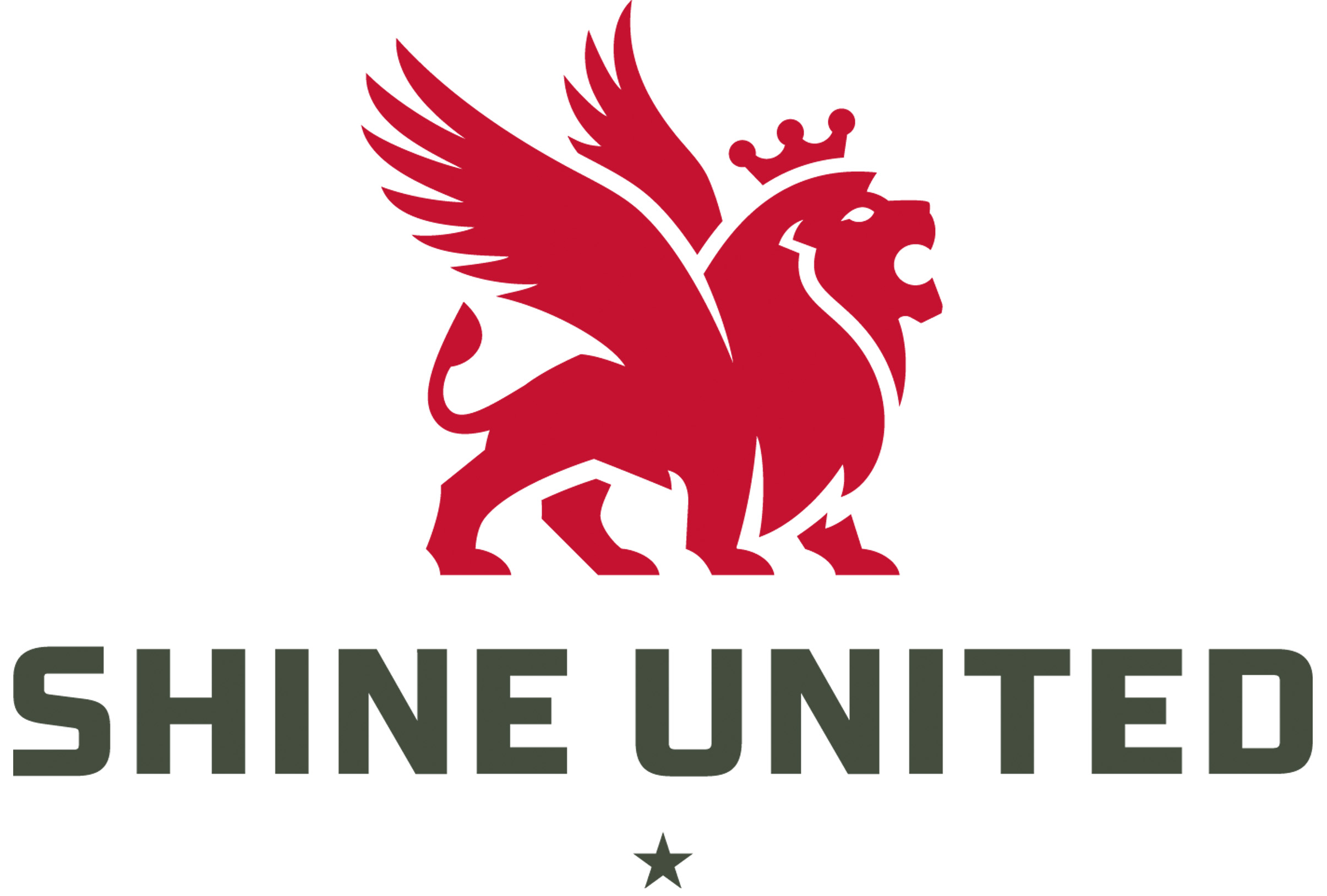Cancer-free and Enjoying The Ride
Cancer-free and Enjoying The Ride
March 15th, 2017 | Rob Kelly
In 2003, Marshall Flax went to an ENT specialist to discuss options to reduce his snoring. The doctor said a tonsillectomy might help.
The plan was to remove the tonsils. After removing one tonsil, the doctor interrupted the procedure, terminated the anesthesia and told Flax he had cancer.
Flax was taken to a recovery room as the anesthesia wore off. When he fully regained consciousness, he looked at his wife Lisa and said, “This is really bad, isn’t it? We’re not going on that canoe trip, are we?” referring to the “bucket-list” canoe trip in northern Ontario they had planned.
Flax was diagnosed with Stage 4 squamous cell carcinoma of the tonsil. This was a surprising diagnosis given that Flax, then 50, was a longtime vegetarian, who rarely drank alcohol and hadn’t smoked since college.
He underwent seven weeks of radiation at the University of Wisconsin Carbone Cancer Center. When the inside of his mouth became inflamed from treatment, he had to use a nasogastric tube for feeding.
During radiation treatment Flax also received two rounds of chemotherapy. He was too sick from the side effects to receive a prescribed third round.
Fourteen years later Flax, a retired therapist/specialist for the Wisconsin Council of the Blind and Visually Impaired, is cancer free. He has seen two children become successful adults and eventually got to take that canoe trip. He continues to enjoy a healthy life with relatively few long-term side effects, mainly loss of some taste sensation and dry mouth from reduced salivary gland function.
Flax has supported UWCCC over the years. He serves as a patient advocate for the Wisconsin Head and Neck Specialized Programs of Research Excellence (SPORE) grant and regularly participates in UWCCC fundraisers.
Last year, Flax and his wife participated in The Ride, a bicycle fundraiser for cancer research at the University of Wisconsin.
“It was a pleasure to ride,” Flax says. “I had these moments when I thought, ‘Isn’t this really great that I’m healthy enough to be able to do this?’”
They will participate in The Ride again this year on Sept. 17.
“The great thing about The Ride is that it provides funding so that researchers can get traction on their innovative ideas, which will make them more likely to get additional grant funding,” Flax says. “My hope is that the money from The Ride will eventually lead to improved prevention and more targeted treatments that minimize the severity of side effects and increase the number of people cured.”
